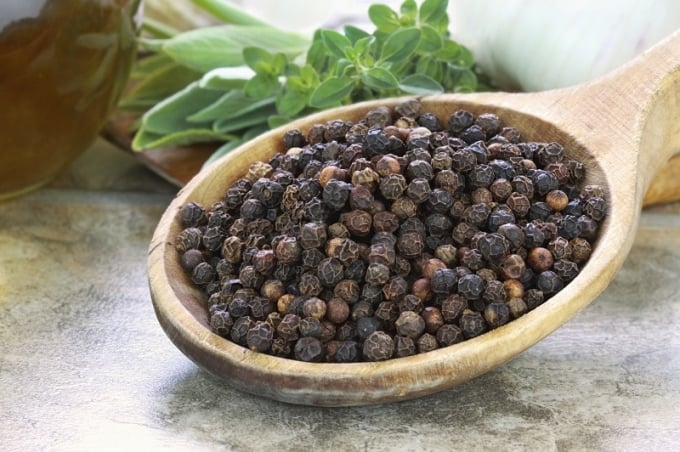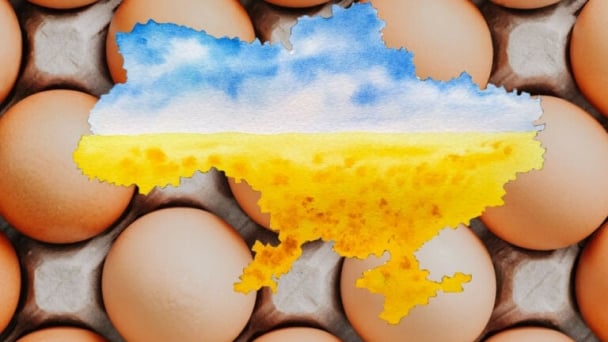May 21, 2025 | 03:25 GMT +7
May 21, 2025 | 03:25 GMT +7
Hotline: 0913.378.918
May 21, 2025 | 03:25 GMT +7
Hotline: 0913.378.918

Pepper exports in 2021 were estimated at USD 938 million. Photo: TL.
According to the Agency of Foreign Trade (Ministry of Industry and Trade), Vietnam exported 261 thousand tons of pepper in 2021, worth USD 938 million, down 8.5 percent in volume but up 42 percent in value over the same time previous year. The average export price of Vietnamese pepper in 2021 was around USD 3.593 per ton, increasing 55.2 percent year over year.
Vietnam's pepper exports saw a market structure shift in 2021. Exports to the United States, the European Union, the United Arab Emirates (UAE), and Pakistan increased, while exports to China and ASEAN markets decreased significantly.
Vietnam pepper shipments to many markets, including the United States, the United Arab Emirates, Pakistan, the Netherlands, South Korea, and the United Kingdom increased in both volume and value in November 2021. On the contrary, pepper exports to India, the Philippines, and Egypt dropped dramatically.
The structure of exporting pepper varieties changed significantly in 2021. Enterprises limit raw pepper exports in favor of pre-processed or intensely processed types.
Black pepper exports were 184,000 tons, valued at roughly USD 620 million, down 15.9 percent in volume but up 31.1 percent in value over the same period in 2020.
Meanwhile, white pepper exports totaled 21.2 thousand tons, valued at USD 106.23 million, an increase of 2.3 percent in volume and 58.7 percent in value over the same time in 2020.
Additionally, the pepper business promotes the export of products that are used in the cosmetic industry.
Translated by Linh Linh

(VAN) Oliyar, a prominent Ukrainian oil and fat manufacturer, has revealed plans to build a farm for 2.3 million laying hens in the Lviv region. The additional production quantities promise to change the competitive landscape of the egg market of the Eastern Europe region.

(VAN) On May 15, Ministry of Agriculture and Environment of Vietnam hosted the 'Connecting Vietnam - Germany agricultural, forestry and fishery trade' seminar in Berlin, Germany.

(VAN) In the face of counterfeit and imitation products, Khanh Hoa Salanganes Nest Company hopes for the prompt completion of the legal framework, strict enforcement against violations, and protection of the bird’s nest brand.

(VAN) Japan's efforts to lower the price of rice through the release of its stockpile may finally be making some progress, albeit at a snail's pace.

(VAN) U.S. tariffs are not only a 'shock', but also an opportunity for Vietnamese businesses to renew their mindset toward comprehensive development.

(VAN) As Bac Giang lychee enters the harvest season, Minister Do Duc Duy expects that the fruit will contribute greatly to agricultural exports due to standardized production and deep processing.

(VAN) Consumers have shown a preference for free-range eggs, but those farming systems are more vulnerable to biosecurity risks like bird flu.